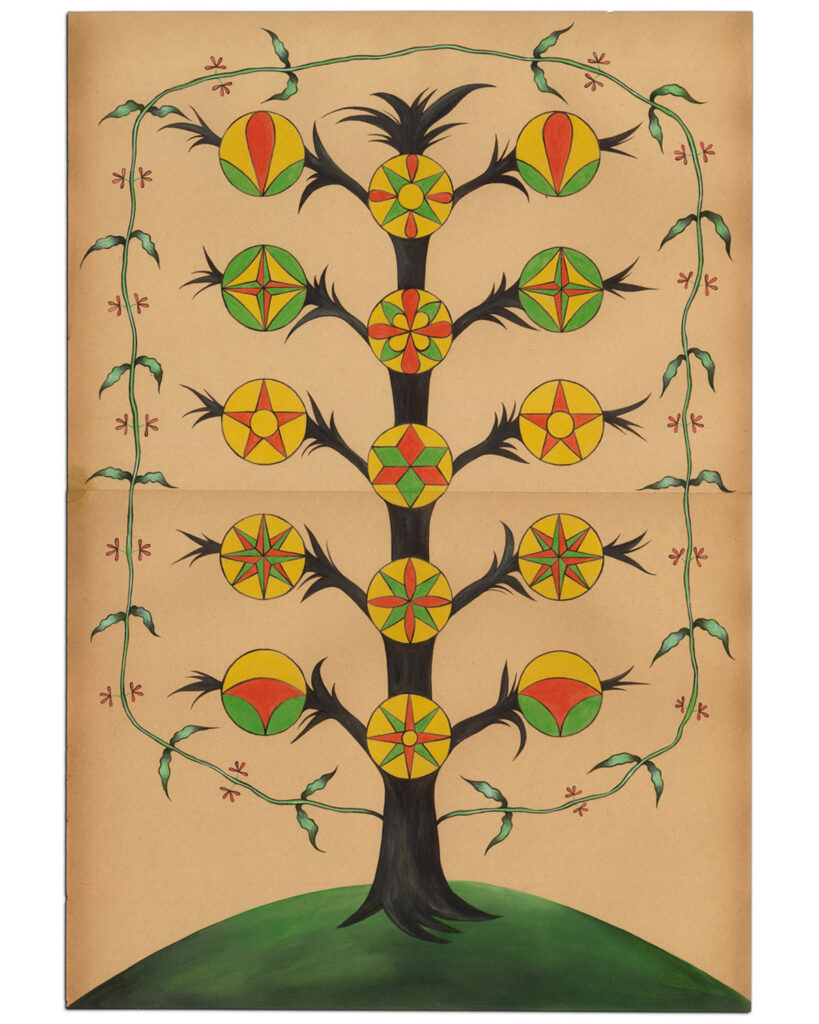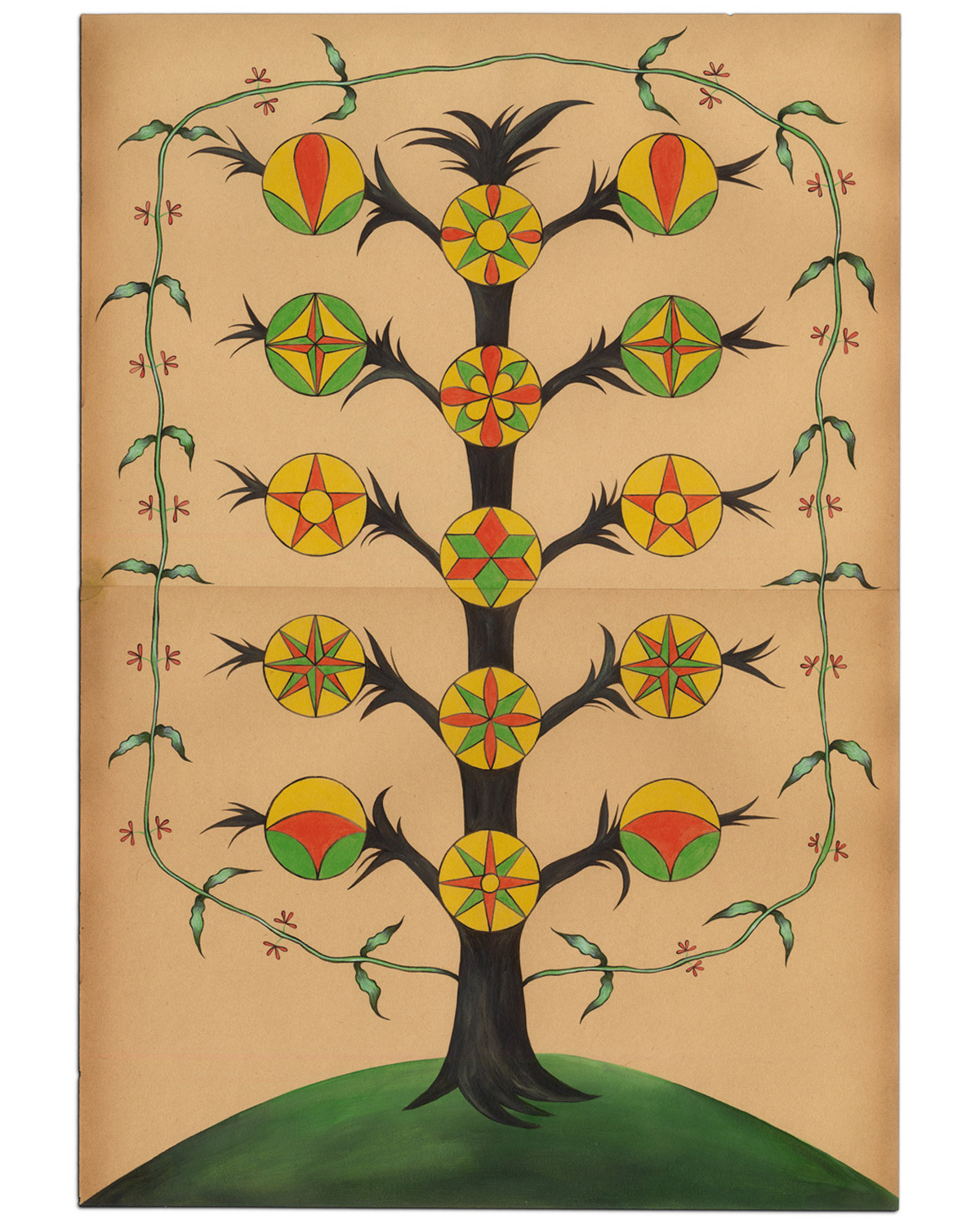
Educated In A Way That Renders Them Slavelike In Mentality: Marshall Rosenberg on Life-alienating Communication and Hierarchical Societies
“It is my belief that all such [dichotomizing, impersonal, categorical, judgmental] analyses of other human beings are tragic expressions of our own values and needs.”
…
“Most of us grew up speaking a language that encourages us to label, compare, demand, and pronounce judgements rather than to be aware of what we are feeling and needing. I believe life-alienating communication is rooted in views of human nature that have exerted their influence for several centuries. These views stress humans’ innate evil and deficiency, and a need for education to control our inherently undesirable nature. Such education often leaves us questioning whether there is something wrong with whatever feelings and needs we may be experiencing. We learn early to cut ourselves off from what’s going on within ourselves.
Life-alienating communication both stems from and supports hierarchical or domination societies, where large populations are controlled by a small number of individuals to those individuals, own benefit. It would be in the interest of kings, czars, nobles, [CEOs], and so forth that the masses be educated in a way that renders them slavelike in mentality. The language of wrongness, should, and have to is perfectly suited for this purpose: the more people are trained to think in terms of moralistic judgements that imply wrongness and badness, the more they are being trained to look outside themselves—to outside authorities—for the definition of what constitutes right, wrong, good, and bad. When we are in contact with our feelings and needs, we humans no longer make good slaves and underlings.” –Marshall Rosenberg
The above passage comes from Marshall Rosenberg’s book Nonviolent Communication, which is a book I’ve been meaning to read for quite some time but finally found the opportunity to pick up thanks to a grad school project surrounding the design of a card game themed around nonviolent de-escalation (more on this to come!).
Upon reading these passages of Rosenberg’s book many thoughts came to mind, but two notes in particular are worth mentioning:
-
- Rosenberg’s brilliant observation, about how the inherited spiritual and anthropological belief system surrounding the innate deficiency and corruption of both human beings and Creation has infected our view of each other and of the Earth, is absolutely correct. As I’ve indicated before, it should not be understated just how large of a part twisted and pernicious Christian doctrines, such as Original Sin for instance, have played in this.
- Relatedly, the connection between the theological Problem of evil and violent worldviews (which I have also written about) comes to mind here while reading Rosenberg discuss how the language of wrongness, in the form of moralistically laced judgments along with other types of life-alienating communication (e.g. comparisons, denying responsibility, communicating desires as demands, etc.), is well-suited for subjugating large masses in a hierarchical society.
With regard to this last thought—the one about life-alienating forms of communication being useful for keeping people in bondage—I can’t help but think about how Jesus, someone closely associated with salvific liberation and nonviolence, made such a fuss over worrying about the plank in one’s own eye insisting—as did Jeremiah—that we do not need to seek outside authority (from a Church, or revered leader, or a government for instance) on what is “right” or “wrong” because the Law of love, compassion, and nonviolence has been written in our hearts such that, like Jesus, we too will give our lives for one another. As Fr. John Dear writes, “We will be that grain of wheat falling to the ground, trusting that when we die, our lives of love, service, compassion, and peace will bear good fruit.”
Additionally, I’m reminded here of that one very Agapic interpretation of Genesis 3—which comes from Hebrew Bible scholar, Walter Brueggemann—that I still like which posits life evolving around two trees: one symbolizing God’s provision of life (The Tree of Life) and the other symbolizing God’s loving prohibition (The Tree of Knowledge of Good and Evil). Unlike some other interpretations this interpretation sees the story of Genesis 3 as a transition from an Agape love, covenantal worldview to a contractual worldview. Contracts, as we all know, are associated with law and are always conditional and evaluative. Agape Love covenants, on the other hand, are always unconditional. While contracts may be obsessed with evaluating, assessing, measuring and judging, Agape Love Covenants are about accepting the other as they are.
So, we might ask: could it be true that attempting to police and judge good and evil was—and still is—a big mistake? Could it be that God was saying to us through the Tree of Life that we were to be like them in terms of our character, our expansive love, and how we treat one another, including non-human animals and all of Earth? I think so. Conversely, we can also ask: could it be the case that, through the Tree of Knowledge of Good and Evil, God was warning us to NOT attempt to be like them in terms of our wisdom? Could it be that we were alerted to the foreboding and ruinous authoritarian outcome of trying to know and define good and evil? Were we better off as plant-based lovers and care-takers living in a garden, possibly a bit oblivious to morals, but nonetheless delightfully made in God’s image? Once again, I think so.
…
Art above by Will Gaynor

0 Comments